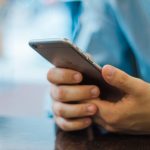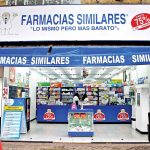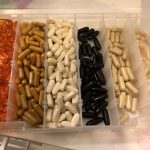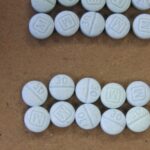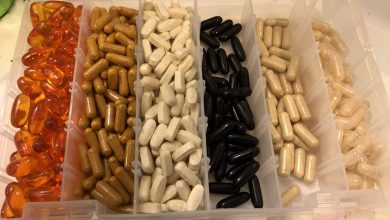Fake Medicine: Definition, Types, Examples
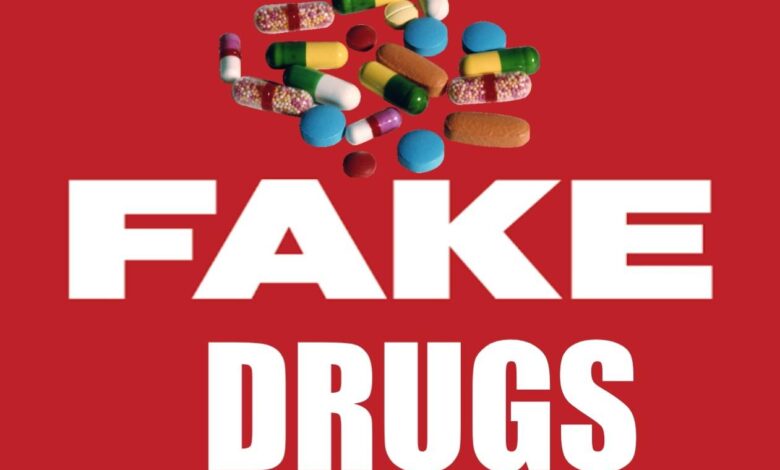
What is fake medicine?
Fake medicines, also known as counterfeit drug or medication is defined as a medication or pharmaceutical item which is produced and sold with the intent to deceptively represent its origin, authenticity or effectiveness. These medicines are then packaged and labeled to look like the real thing. Counterfeit medicines are unsafe because they may not work and could harm you.
Counterfeiting happens all over the world, but it’s most common in countries where there are few or no rules about making drugs. An estimated 10%–30% of medicines sold in developing countries are counterfeit. In the industrialized world (countries such as the United States, Australia, Japan, Canada, New Zealand, and those in the European Union), previous estimates suggest that less than 1% of medicines sold are counterfeit but this has significantly increased in recent times due to the opioid epidemic.
Historically, the opioid epidemic began with a rapid increase in the prescribing of opioids starting in the 1990s. It continued when those addicted to opioids began to use heroin because it was cheaper and more readily available. Now, the most recent part of this epidemic is the increase in the availability of counterfeit pills. Counterfeit pills are illicitly manufactured in clandestine labs, mostly using fentanyl as the active ingredient, and are made to look like legitimate prescription opioids commonly prescribed to alleviate pain or anxiety. These counterfeit pills are then illegally sold by street drug dealers as Oxycodone, Xanax, Percocet, or other similar drugs. Counterfeit pills are also being sold over the Internet and delivered by mail. These counterfeit pills have led to increased overdoses and deaths across the country but particularly here in the Western region of the United States where there was a 67 percent increase in such death rates from 2018 to 2019.
What is a VIPPS pharmacy?
The VIPPS stands for The Verified Internet Pharmacy Practice Sites. The program was initiated by the National Boards of Pharmacy (NABP) to provide a way of accrediting pharmacies that sell and dispense prescription medications online via the Internet. it is one of programs that prevents the proliferation of fake and substandard drugs.
What are the types of fake drugs?
According to Melanie Haiken, a writer for the MSN Wellness Blog, here are the 7 types of fake drugs you might come across:
Cardiovascular Medications: if you suffer heart disease, you should be treated by a doctor, not a website that offers online diagnosis of your ailments. Coronary heart disease is the leading cause of death for American men and women, “So it’s no wonder that cardiologists and other doctors have viewed with alarm reports that fake and ineffective versions of these often-expensive drugs are circulating in the U.S.” opines Ms. Haiken. Yet, Americans are more likely than their counterparts in Europe to purchase drugs for serious illnesses online. The real danger is that not only will patients not get the drugs they need, they will get a dangerous counterfeit instead.
Antibiotics: since antibiotics are drugs you take when you are sick with an infection, getting a counterfeit version of an antibiotic could make you sicker, simply because it does not cure your infection. Unfortunately, worsening illness is only one risk of taking antibiotics purchased without a prescription. They may be tainted with heavy metals or some other dangerous ingredient.
Cancer Drugs: in recent years, fake cancer drugs had been found in Israel and China, and then again in February 2012 In the United States. The FDA warned doctors’ offices & clinics in 15 states that they might have purchased counterfeit vials of Avastin containing no real drug, but simply acetone & water after a lead from the U.K.’s Medicines and Healthcare Products Regulatory Agency (MHRA).
ED Medications: the Pharmaceutical Security Institute reports that 37% of all fake medicines seized are ED drugs. ED drugs are offered for sale via thousands of fake online pharmacies without prescription requirements. Ms. Haiken reports, “One problem is that men are avoiding their doctors and buying these medications without a prescription — unaware that it can be risky for people with heart disease and other conditions.” The real danger of buying these drugs from a non-VIPPS approved pharmacy is that there is a very good chance they will not just be counterfeit, but poison.
Treatments for Chronic Ailments Like HIV, Diabetes & Alzheimers: Chronic ailments pose a great marketing opportunity for drug counterfeiters, because chronic ailments by their very nature respond at a more measured pace to treatment. As a result, drugs for conditions like AIDS and diabetes are being counterfeited more frequently, subjecting those who suffer from them to increased dangers from lack of treatment and exposure to toxic compounds.
Painkillers and Weight Loss Medications: painkillers & weight-loss drugs have already been exploited by counterfeiters selling fake versions in the US. Get to know what your medications look like and be on the lookout for any packaging or labeling anomalies. Also, only buy prescription medications from VIPPS approved pharmacies or legitimate brick-and mortar pharmacies, and only buy over-the-counter drugs from trusted sellers.
Psychiatric Medications: the recent FDA warning about counterfeit Adderall sold online is an example of how drug counterfeiters are also targeting psychiatric medications. A Google search for Xanax, Ativan, Adderrall, or Ambien will turn up hundreds of websites offering these powerful drugs without a prescription.
Is there any way out?
According to the FDA, the only way to know if a drug is counterfeit is through chemical analysis done in a laboratory. Counterfeit drugs may look strange or be in poor-quality packaging, but they often seem identical to the real thing. The only way to make sure you have the real thing is to bring all the drugs you will need during your trip with you from the United States, rather than buying them while you are traveling.
If an emergency occurs and you must buy drugs during your trip, you can reduce your chances of buying drugs that are counterfeit by:
- Buying medicines only from licensed pharmacies and get a receipt. Do not buy medicines from open markets.
- Asking the pharmacist whether the drug has the same active ingredient as the one that you were taking.
- Making sure that the medicine is in its original packaging.
- Looking closely at the packaging. Sometimes poor-quality printing or otherwise strange-looking packaging will indicate a counterfeit product.
If you buy drugs online, visit How to Avoid Fake Drugs: A Consumer Safety Guide to learn how to buy safely.

